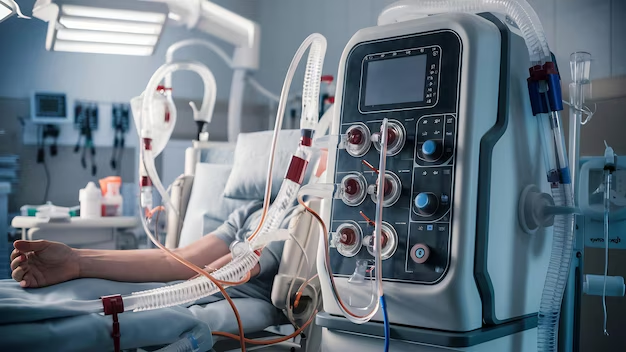Bachelor in Dialysis Technology (B-DT)
Need Help
Need guidance on selecting the right course? Contact our support team for expert assistance today!
+91 8818036793
QUICK ENQUERY
Bachelor in Dialysis Technology
PROGRAM OVERVIEW
Dialysis Technology is a well-designed program that prepares students to become certified dialysis technicians and work in hospitals or dialysis centers to provide specialized treatment to patients with renal failure. Dialysis is a life-sustaining treatment for patients suffering from chronic kidney failure who are awaiting kidney transplantation, and thus, dialysis technicians can go a long way in relieving such patients from their sufferings and in improving the quality of life because they work very closely with nephrologists in dialysis and other preparatory treatments like maintenance of the machine and complication management during dialysis, etc. This is a rapidly flourishing sector; many patients in India and around the world need this kind of care.

- Course: Bachelor in Dialysis Technology
- Duration: 3 Year
- Eligibility: 12th Science / Diploma
Career Opportunities:-
Dialysis technology degree holders can be employed at hospitals (Government or private), clinics, or any health-care setup providing dialysis treatment. Doing a relevant M.Sc. course could enable one to teach (as a lecturer/instructor) at institutes imparting dialysis technology education or patient education programs.
Graduates of the course end up working as dialysis technicians under the specialist doctors and hospitals or healthcare institutions that offer dialysis treatments. The space of dialysis technology is filled with job titles such as dialysis technologist, clinical nephrology technologist, hemodialysis technician, and renal dialysis technician. All these allied health officials take care of the wellbeing and health of patients. Dialysis technologists check the patient’s vital signs before dialysis, do renal dysfunctional. They are eligible to administer drugs like local anaesthetics and provide emergency medical interventions.

